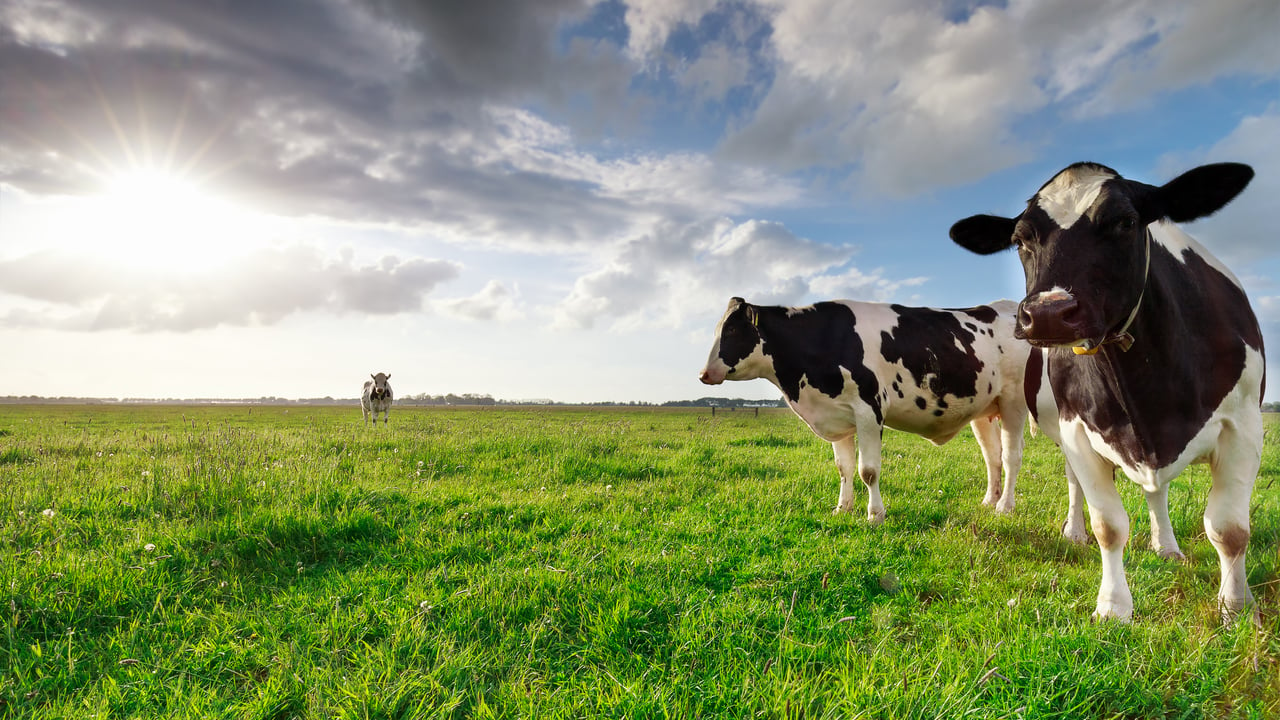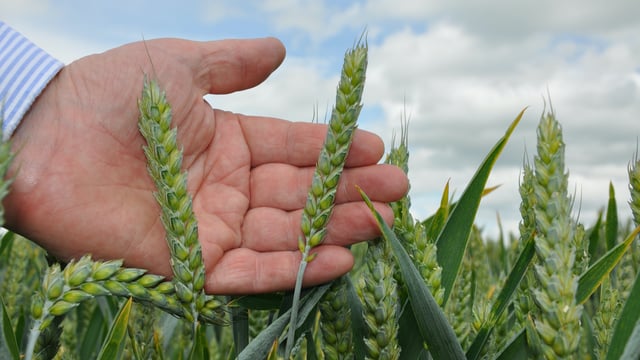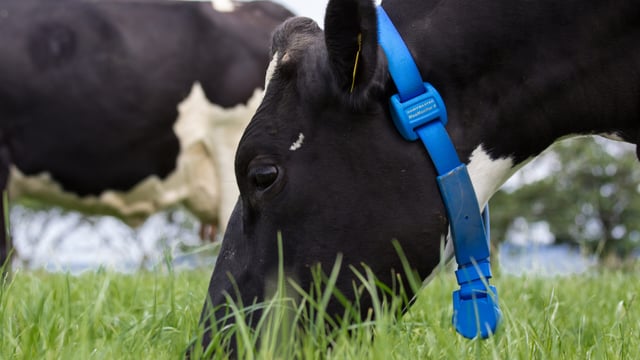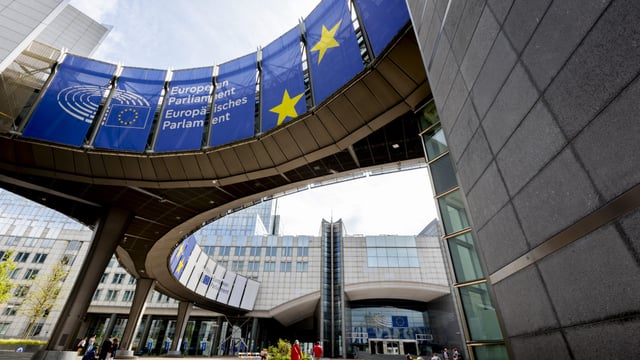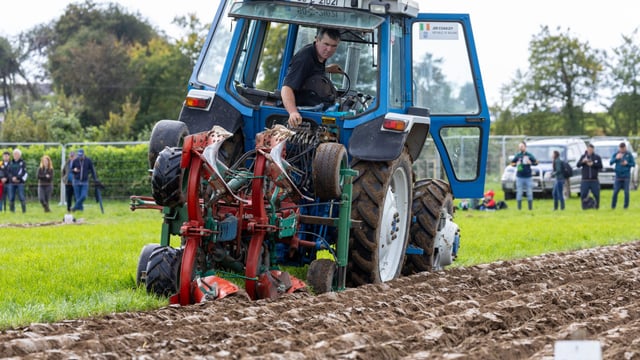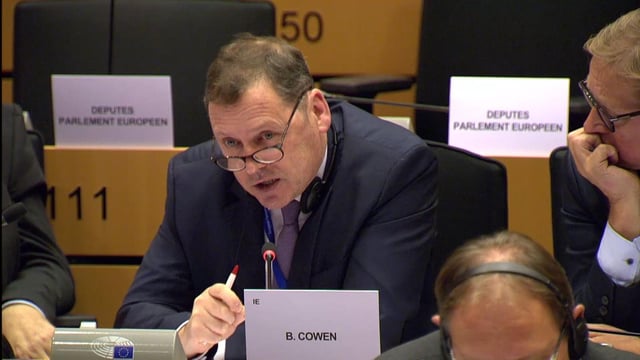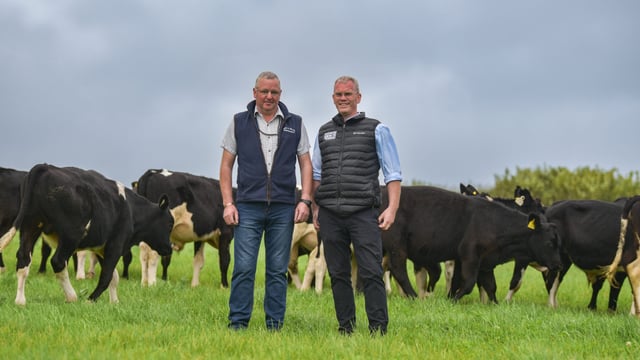Indonesia a 'significant potential market' for dairy as trade talks conclude
Indonesia presents a "significant potential market" for dairy exports, Sinéad McPhillips, assistant secretary at the Department of Agriculture, Food and the Marine (DAFM) has said.
She said the EU has an "ambitious trade agenda" and is in the process of negotiating a number of other trade agreements.
The EU and Indonesia concluded negotiations on a free trade agreement this week.
Following a political agreement reached in July, the two sides have finalised negotiations for a Comprehensive Economic Partnership Agreement (CEPA) and an Investment Protection Agreement (IPA).
Opportunities
According to the commission, the CEPA will "significantly benefit European farmers, bringing down tariffs on agri-food products and protecting traditional EU products".
"The deal will give EU farmers much better opportunities to sell their produce in Indonesia thanks to the elimination of tariffs on major EU exports such as dairy products, meats, fruit and vegetables and a wide range of processed foods," the commission said.
"Except for imports of Indonesian crops that are not grown in the EU, the EU already exports more agri-food products to Indonesia than it imports."
EU agri-food exports to Indonesia were worth €1 billion in 2024.
The CEPA will remove Indonesian duties on the vast majority of agricultural imports from the EU.
This includes key EU exports like dairy products (such as milk powders, cheeses and infant formula), meats (such as poultry and beef) and fruit and vegetables.
The EU expects that the deal will have a limited impact on the EU agri-food market, as Indonesia does not produce or export many agri-food goods which are in demand on the European market that the EU does not already produce.
Indonesia’s main agricultural exports to the EU are palm oil, cocoa and coffee, none of which the EU produces.
Trade agreements
Sinéad McPhillips told the Oireachtas Joint Committee on Agriculture and Food this week that EU negotiations are ongoing with Thailand, Malaysia and the Philippines.
"In some of those markets, there are pluses and minuses that we need to be careful of as the negotiations go through, but overall as an exporting country I think there is a lot of potential there," McPhillips said.
She said EU-India negotiations have been going on for many years "but do seem to be getting some momentum now and for the spirit drinks sector, India is a significant target market for exports".
Driven by value
Last year, Ireland's total agri-food exports reached a record €19 billion, to over 180 countries.
"Our exports have increased by almost two-thirds in value over the last decade, with that increase driven more by increasing value rather than volume," McPhillips said.
"Our export markets are reasonably well balanced between the UK at 38% of export value, EU markets at 34% while international markets outside Europe account for the remaining 28%."
She told the Oireachtas committee that while membership of the EU presents new opportunities around trade, it is "important that such agreements also take account of sectors which may be vulnerable to increased imports into the EU".
Mercosur
The EU-Mercosur agreement is one where concerns have consistently been raised on its impact on the agri-food sector in Ireland, particularly in relation to the beef sector, McPhillips acknowledged.
She said the Department of Agriculture is currently working with the Department of Foreign Affairs and Trade to examine the detail of the European Commission's proposed 'safeguards' for producers in the Mercosur deal.
In the recently-announced EU budget proposals for 2028-2034, a €6.3 billion crisis reserve was included, McPhillips said.
According to the European Commission, this 'unity safety net' is to be exclusively reserved for farmers, to help them cope with the impact of disturbances on agricultural markets.
There is not a ringfenced amount in relation to any potential Mercosur-related effects on EU farmers.
"It's likely there would be a high bar to access any of that funding from that crisis reserve," she said.
US trade
The US is the second largest market for Irish agri-food exports, valued at almost €2 billion last year.
"The trade tensions this year have created challenges for the agri-food sector," McPhillips said.
She added that a new 15% tariff rate applying on many goods exported from the EU to the US poses "major challenges" for exports which had lower pre-existing tariff rates.
"Our spirits sector will now face a 15% tariff for exports to the US, following years of EU and US exporters enjoying a mutually beneficial 'zero-for-zero' tariff arrangement," she said.
"The EU and the US have committed to work on expanding a list of exemptions, and we would obviously like to see spirit drinks included in this."

